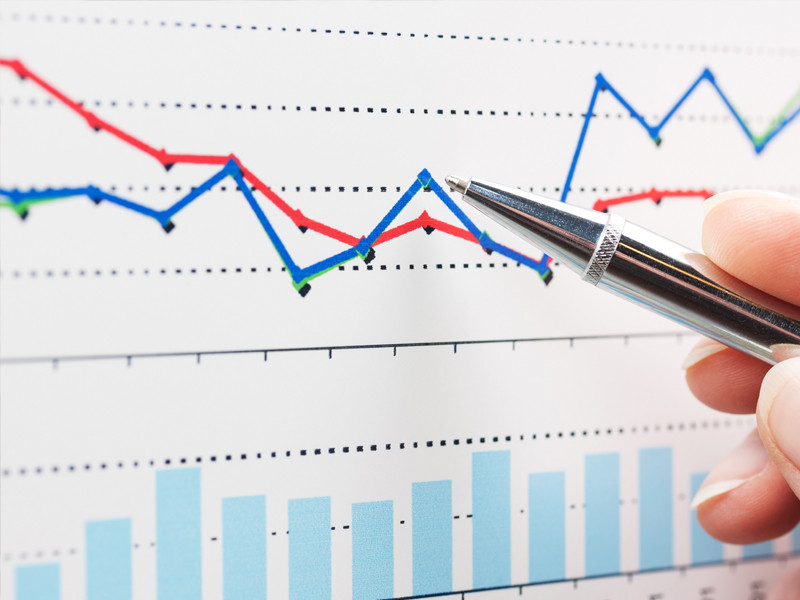Amman: Despite a challenging global and domestic environment, Jordan’s growth during the first half of 2022 accelerated to 2.7 percent, propelled by a strong recovery of tourism, the full reopening of the economy, and improving exports, according to the World Bank.
Nevertheless, an acceleration of structural reforms is needed to address long-standing challenges to private sector-led growth and support the economic inclusion of women, youth, and other segments of workers in the formal labor market.
According to the World Bank’s latest edition of the Jordan Economic Monitor (JEM) Fall 2022 titled: “Public Investment: Maximizing the Development Impact”, external economic conditions have deteriorated due to the global food and fuel crisis. Export growth in Jordan was robust (44 percent in the first half of 2022), but the increase in the imports’ bill and a wider current account deficit led to sustained pressures on the balance of payments.
Furthermoe, Inflation has also reached its highest level since 2018 but remains contained compared to regional peers.
On the fiscal front, while domestic revenue collection continued to improve as a result of the economic recovery and efforts to broaden the tax base, higher revenues were outpaced by greater public spending.
"Jordan’s economy has been severely impacted by the challenging global context, notably the increase in global commodity prices," said Jean-Christophe Carret, World Bank Mashreq Country Director, in a media release on Thursday.
"In an effort to increase resilience and support economic recovery, the Government of Jordan adopted several measures to mitigate the impact on consumers and businesses, particularly vulnerable households and workers. Yet going forward, a faster pace of reforms is critical to unlock Jordan’s growth potential and for inclusive job creation, particularly for women and youth," Carret stated.
The Fall 2022 JEM recommends to focus future domestic policy measures on building resilience and cushioning the impact of global risk factors, through 1) the acceleration of structural reforms and improving long-term fiscal sustainability; this also requires mitigating fiscal pressures from SOEs, notably in the energy and water sector and, 2) the adoption of deep labor market reforms to overcome labor market segmentation and unlock Jordan’s human capital potential.
Over the medium term, a more challenging global environment and higher borrowing costs will warrant a more cautious fiscal consolidation trajectory to ensure that a primary surplus can be achieved by 2025.
Cek Berita dan Artikel yang lain di Google News
FOLLOW US
Ikuti media sosial medcom.id dan dapatkan berbagai keuntungan



















